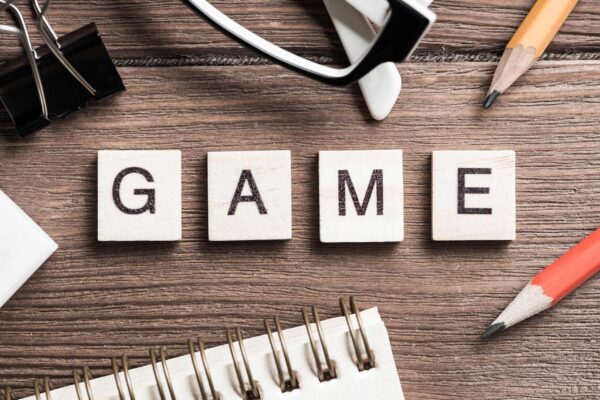Soft2Bet and MEGA Systems: Product Creation Processes
The structure of Soft2Bet’s product development process is ensured by the coordinated interaction of the Design, Technology, and QA teams. An example is MEGA, a gamification system that has become part of Soft2Bet’s production model and demonstrates the result of clear process organization from concept to release. How is this process structured at Soft2Bet? Gaming...
Read More





